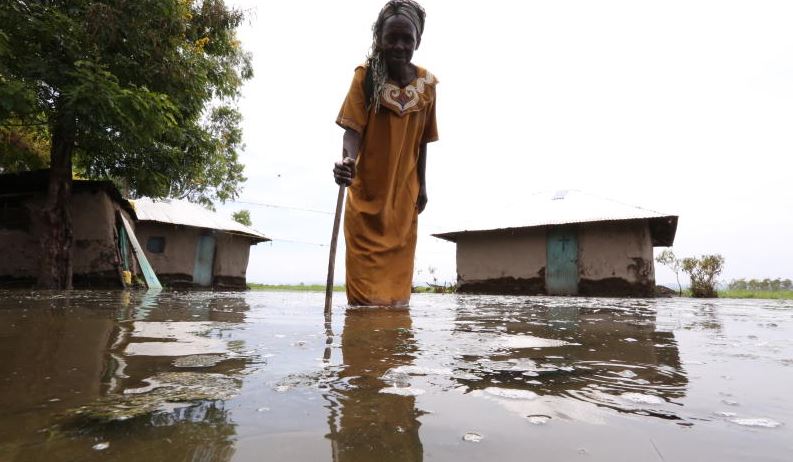×
The Standard e-Paper
Fearless, Trusted News

Some time back in November 2015, a team of researchers warned that water levels in Lake Victoria were rising fast.
The report from a study conducted by the North Carolina State University’s department of Marine, Earth and Atmosphere Sciences went largely unnoticed, save for a story that ran in The Sunday Standard.